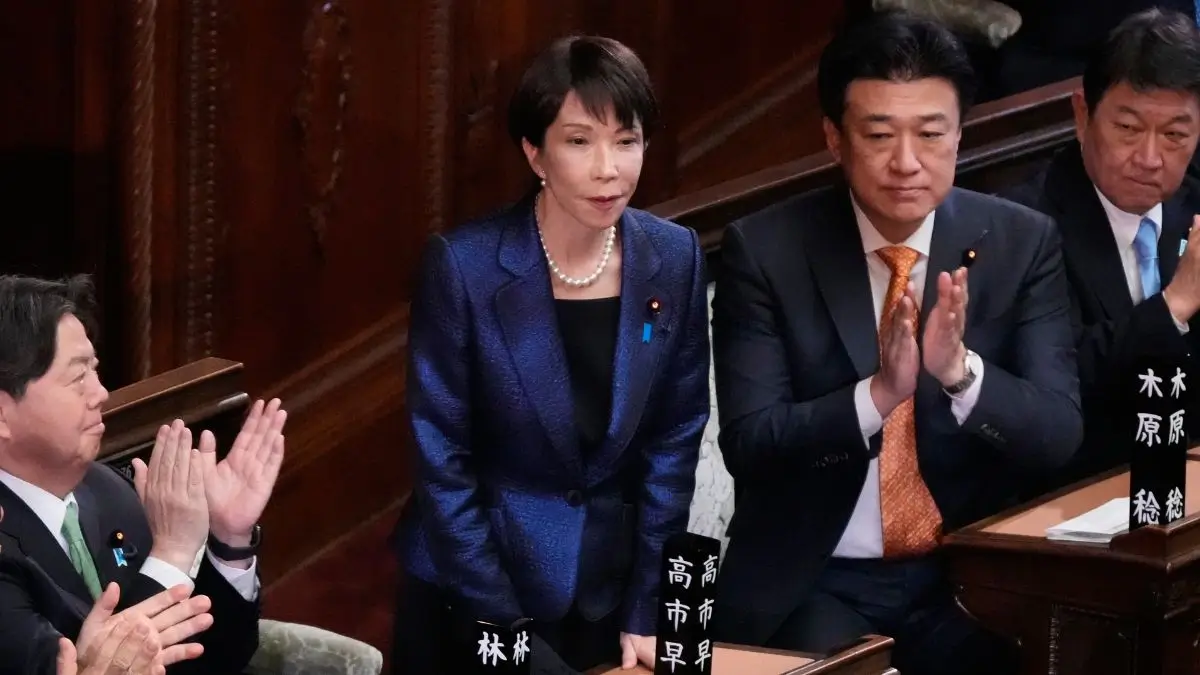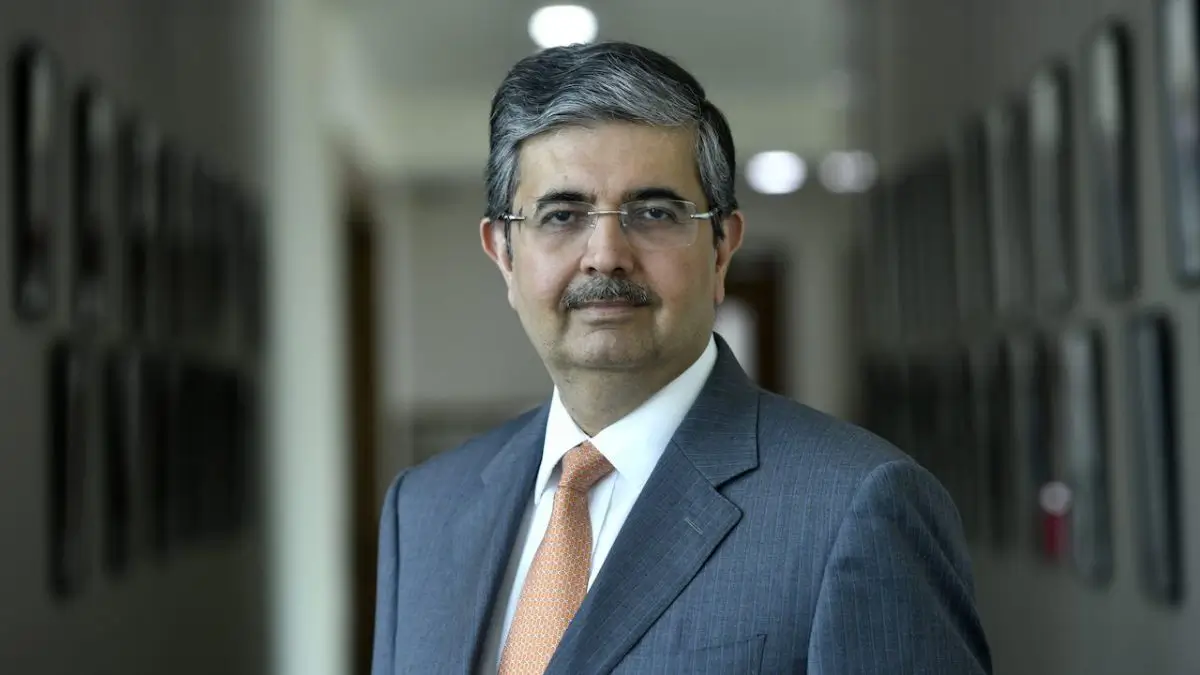The First Woman Chief Justice of Lahore Takes Oath
In a historic move, Justice Ayesha Malik has taken oath as the first woman Chief Justice of the Lahore High Court. This landmark event marks a significant step towards gender equality in Pakistan’s judiciary, reflecting the progress in female representation within the nation’s legal framework.
The Oath Ceremony
On January 24, 2024, Justice Ayesha Malik was sworn in as the Chief Justice of the Lahore High Court in a ceremony attended by prominent judicial and political figures. The event was not only a milestone for Justice Malik but also for Pakistan, as it paves the way for more female representation in higher judicial positions.
Justice Ayesha Malik’s Legal Career
Justice Ayesha Malik’s journey to becoming the first woman Chief Justice of the Lahore High Court is an inspiring tale of perseverance and dedication. With a robust educational background and extensive experience in legal practice, she has made significant contributions to the judiciary. Before her appointment, she served as a judge of the Lahore High Court for almost a decade, earning respect for her integrity and legal acumen.
Significance of the Appointment
This appointment is a monumental step for Pakistan, a country where gender disparity in various professional fields is a persistent issue. Justice Malik’s appointment is expected to inspire and encourage more women to pursue careers in law and judiciary, thereby gradually bridging the gender gap.
Reactions and Impact
The appointment has been widely applauded by various segments of society, including women’s rights activists, legal professionals, and political leaders. It is seen as a progressive move that could lead to more reforms aimed at gender equality in Pakistan.
Future Expectations
Justice Ayesha Malik’s appointment raises expectations for further advancements in judicial reforms and gender equality in Pakistan. Her leadership is anticipated to bring new perspectives to the Lahore High Court, enhancing its ability to address diverse legal issues more effectively.

Why This News is Important
Breaking Gender Barriers
The appointment of Justice Ayesha Malik as the first woman Chief Justice of Lahore High Court is a groundbreaking development in Pakistan’s judicial history. It breaks long-standing gender barriers and sets a precedent for future appointments, reflecting a significant shift towards gender inclusivity in the judiciary.
Inspiring Women Across Pakistan
This historic event serves as a beacon of hope and inspiration for women across Pakistan. It sends a powerful message that with determination and hard work, women can achieve the highest positions in fields traditionally dominated by men.
Strengthening Judicial Reforms
Justice Malik’s appointment is not just a personal achievement but also a step towards strengthening judicial reforms in Pakistan. Her leadership is expected to bring a fresh perspective to the judiciary, fostering an environment that promotes justice and equality.
Enhancing Pakistan’s Global Image
On an international level, this appointment positions Pakistan as a progressive nation committed to gender equality and empowerment. It enhances the country’s image globally, showcasing its efforts to promote women in leadership roles.
Promoting Legal Education
Justice Malik’s success story is likely to encourage more women to pursue legal education and careers in law. It highlights the importance of gender diversity in the judiciary and the positive impact it can have on the legal system.
Historical Context: Background Information
Evolution of Women’s Role in Pakistan’s Judiciary
Women’s involvement in Pakistan’s judiciary has been a gradual process. Historically, the judiciary has been male-dominated, with few women rising to prominent positions. The appointment of Justice Ayesha Malik as the Chief Justice marks a significant milestone in this evolutionary process.
Previous Milestones
Before Justice Malik, there have been other notable female judges in Pakistan who paved the way for greater female participation in the judiciary. For instance, Justice Nasira Iqbal and Justice (R) Majida Rizvi were among the pioneering women in Pakistan’s legal system, advocating for women’s rights and judicial reforms.
Societal and Legal Reforms
Over the years, various legal and societal reforms have been introduced to improve gender equality in Pakistan. These include legislative changes, affirmative action policies, and advocacy by women’s rights groups, which have collectively contributed to creating an environment where women can aspire to and attain higher judicial positions.
Key Takeaways from the Appointment of the First Woman Chief Justice of Lahore
| Serial Number | Key Takeaway |
|---|---|
| 1 | Justice Ayesha Malik becomes the first woman Chief Justice of Lahore High Court. |
| 2 | The oath-taking ceremony took place on January 24, 2024. |
| 3 | Her appointment marks a significant step towards gender equality in Pakistan’s judiciary. |
| 4 | Justice Malik’s career spans almost a decade as a judge of the Lahore High Court. |
| 5 | This historic event is expected to inspire more women to pursue careers in law and judiciary. |
Important FAQs for Students from this News
1. Who is Justice Ayesha Malik?
Justice Ayesha Malik is the first woman to be appointed as the Chief Justice of the Lahore High Court in Pakistan.
2. When did Justice Ayesha Malik take oath as the Chief Justice of Lahore High Court?
Justice Ayesha Malik took oath as the Chief Justice on January 24, 2024.
3. Why is Justice Ayesha Malik’s appointment significant?
Her appointment is significant because it marks a historic milestone in Pakistan’s judiciary, promoting gender equality and inspiring women across the country to pursue careers in law and judiciary.
4. What is the impact of Justice Malik’s appointment on Pakistan’s judiciary?
Her appointment is expected to bring new perspectives to the Lahore High Court, enhance judicial reforms, and promote gender equality within the legal system.
5. How can Justice Ayesha Malik’s appointment inspire women in Pakistan?
Justice Malik’s success story serves as a powerful message that women can achieve high positions in fields traditionally dominated by men, encouraging more women to pursue legal education and careers.
Some Important Current Affairs Links

















